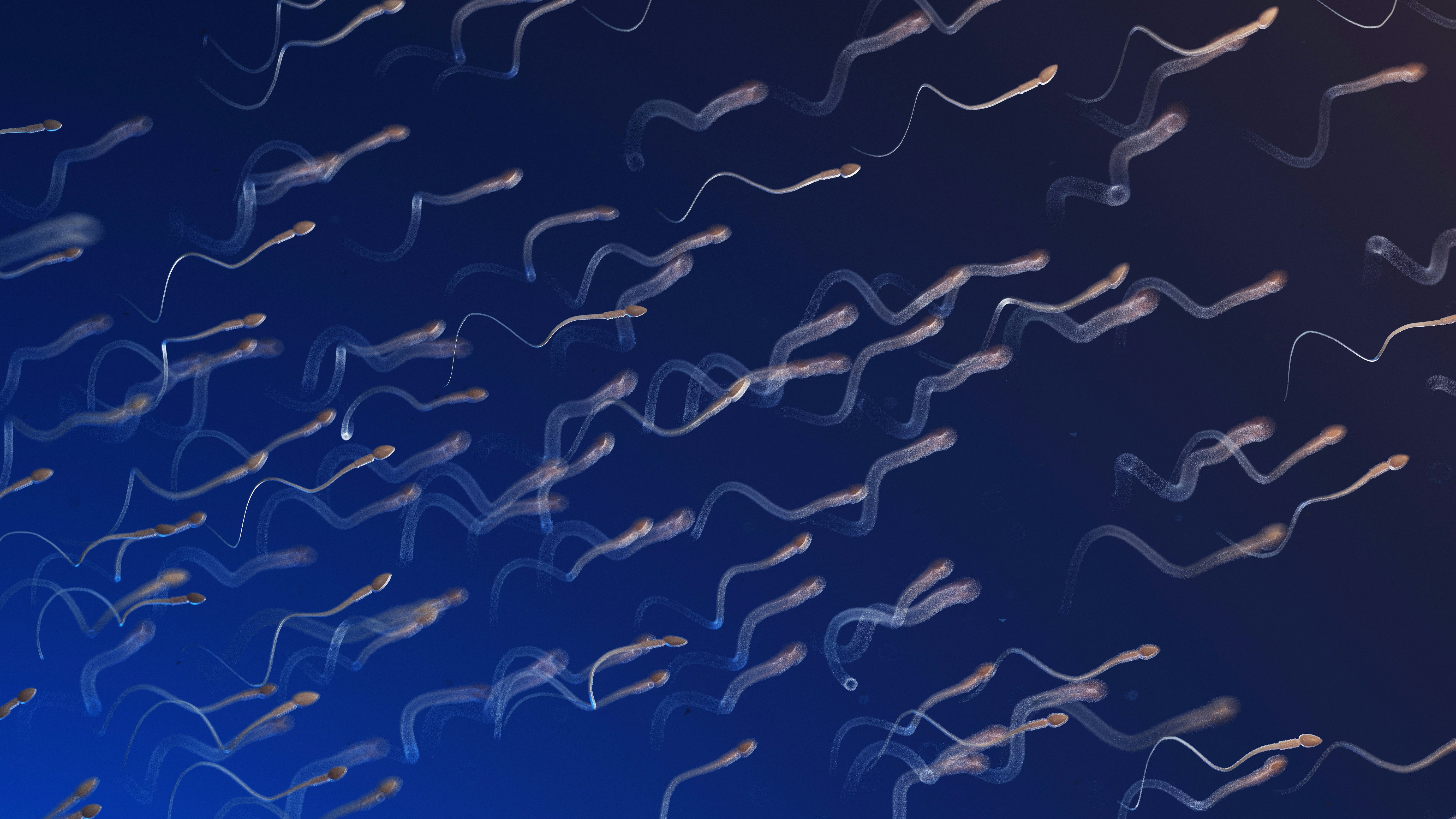
In recent years, a spate of potential male contraceptive options have cropped up. From a hormonal gel that lowers testosterone production to a non-hormonal pill that blocks the creation of vitamin A, new ways to safely — and reversibly — prevent impregnation have appeared as promising mechanisms behind the first potential male contraceptive. Now, researchers at Baylor College of Medicine have identified another non-hormonal approach that could serve as the basis for male birth control.
The new method involves inhibiting the protein serine/threonine kinase 33 (STK33), which men require for fertility. The team identified a molecule that inhibits STK33 temporarily in mice, preventing the creation of functional sperm as well as pregnancy. They published their findings last week in the journal Science.
Both mice and humans require STK33 for sperm formation. In mice, shutting off the gene that codes for STK33 makes the mice produce abnormal sperm with poor motility. In humans, a mutation in this gene causes infertility for the same reasons. These defects suggest that this protein is an ideal target for a potential contraceptive. And, there are no other evident changes that come with this mutation.
The newly identified compound that inhibits protein STK33 is called CDD-2807. The team conducted two versions of an experiment with CDD-2807 in mice. In one version, they treated 12 adult male mice with either a control or CDD-2807 twice a day for three weeks. The researchers then placed the treated male mice with female mice to see if they reproduced. In the other version they repeated this process, but with a higher dose of CDD-2807 once a day for one week. All the mice were observed for two months.
There were no deaths or significant weight changes in the mice that received CDD-2807, signaling that the compound is safe, at least in mice. In the first month of living with females, only four of the six males treated with CDD-2807 yielded litters. By the second month, no litters were fathered by the molecule-treated males. In the version with the higher dose, only one female became pregnant in the first month of living with treated males, giving birth to only a single pup. In the second month, this group produced no new litters. This mouse model demonstrates that CDD-2807 could be a safe, effective contraceptive.
The researchers didn’t observe any changes to testis size or bodyweight, but did see significant reductions in sperm motility. Over the next few years, the team hopes to further evaluate CDD-2807 as well as similar compounds in primates as a potential reversible male contraceptive.




.jpg?w=600)


